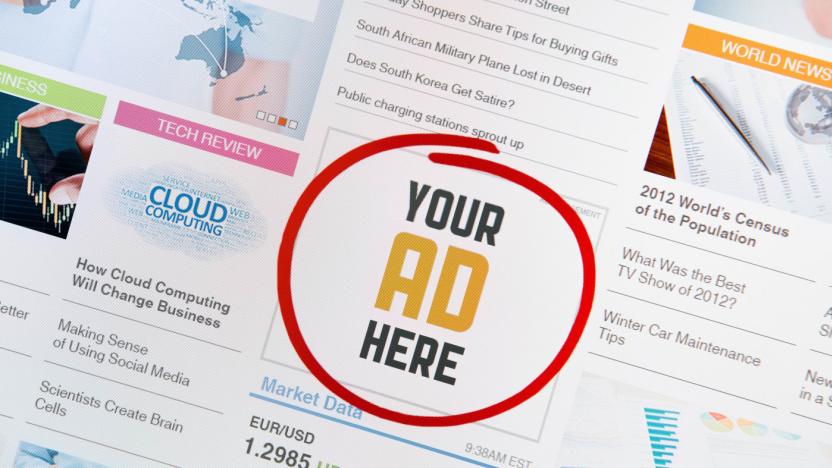sponsoredcontent
Latest

The government plans to crack down on sketchy advertorial
The Federal Trade Commission is going back to an old well, and possibly will actually exercise some of its authority. We're talking about the FTC's stance on sponsored editorial posts that aren't clearly labeled as such. "The FTC will soon begin holding media companies accountable for deceptive practices," fashion business publication WWD reports. "Although the FTC works with publishers, it has never penalized a media company with a fine." That could soon change given the rise of native advertising online (especially with celebrity social media accounts) and in print. As a quick refresher, native advertising is different in that it looks like an editorial piece, but is paid for by advertisers.

Facebook is making product endorsements more obvious
Ads have been a staple in your Facebook News Feed for quite sometime. Today, the social network announced changes to its branded content policy that will make it more obvious when a celebrity or other publisher posts about third-party goods and services. There's a new tagging feature that must be used by anyone posting something tied to a marketer. The tag will alert the company being referenced so that they can view analytics, share and boost the post. What's more, the original post from the publisher or "influencer" will get a "with" tag just like you see when you tag friends in updates. Adding "with" will help users identify brand posts, but the content still won't be obvious if you're only giving the News Feed a passing glance.

UK clamps down on online ads disguised as articles
Even the most robust ad-blocking software can't strip the internet of promotional material entirely. UK watchdog The Competition and Markets Authority (CMA) usually spends its time putting the kibosh on misleading ads, but recently it's also started turning its attention to more underhand marketing practices. Just last month, the regulator begun cracking down on fake online reviews, and today it announced it's now taking media companies to task over promotional articles and blogs -- aka sponsored content -- that doesn't clearly tell the reader they're essentially looking at an advertisement.

If you can't tell editorial from advertorial, there's a browser plug-in for that
Google product engineer Ian Webster believes sponsored articles should be more easily identifiable (as they should be!), so he built the AdDetector plug-in in his spare time to make that happen. More and more publications turn to sponsored content or native ads these days (even Tumblr does it), but some of them just add disclaimers at the very bottom of the page or small, easy-to-miss bylines. Webster says the problem is that bad native ads depend on you, readers, not knowing that they're, well, sponsored. So, he designed the plug-in to plaster large red banners on paid article pages whenever it detects unfortunately small sponsored disclaimers, in order to boost transparency on the web. He also hopes that by making paid articles more obvious, sponsors would make an effort to put out better content. You can install AdDetector (and make sure this post wasn't sponsored) for Chrome and Firefox from Webster's website.



